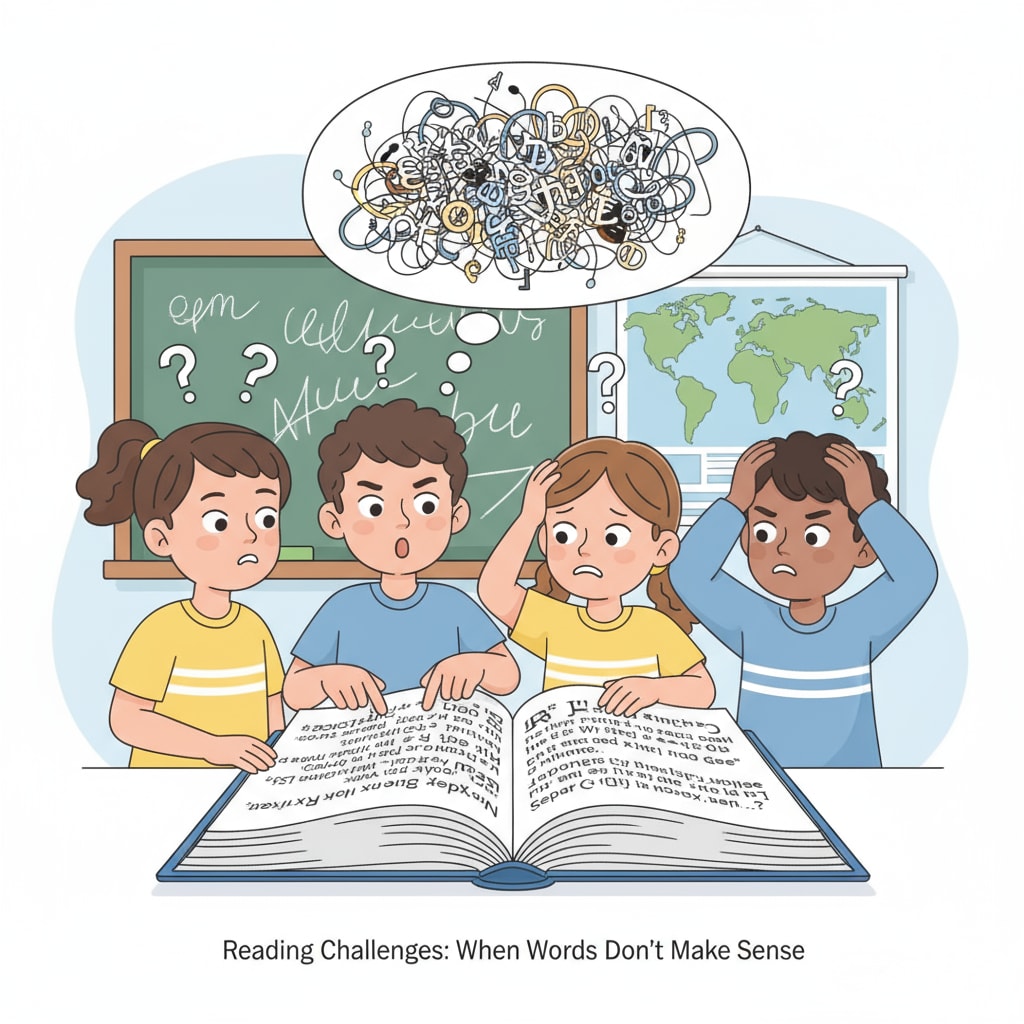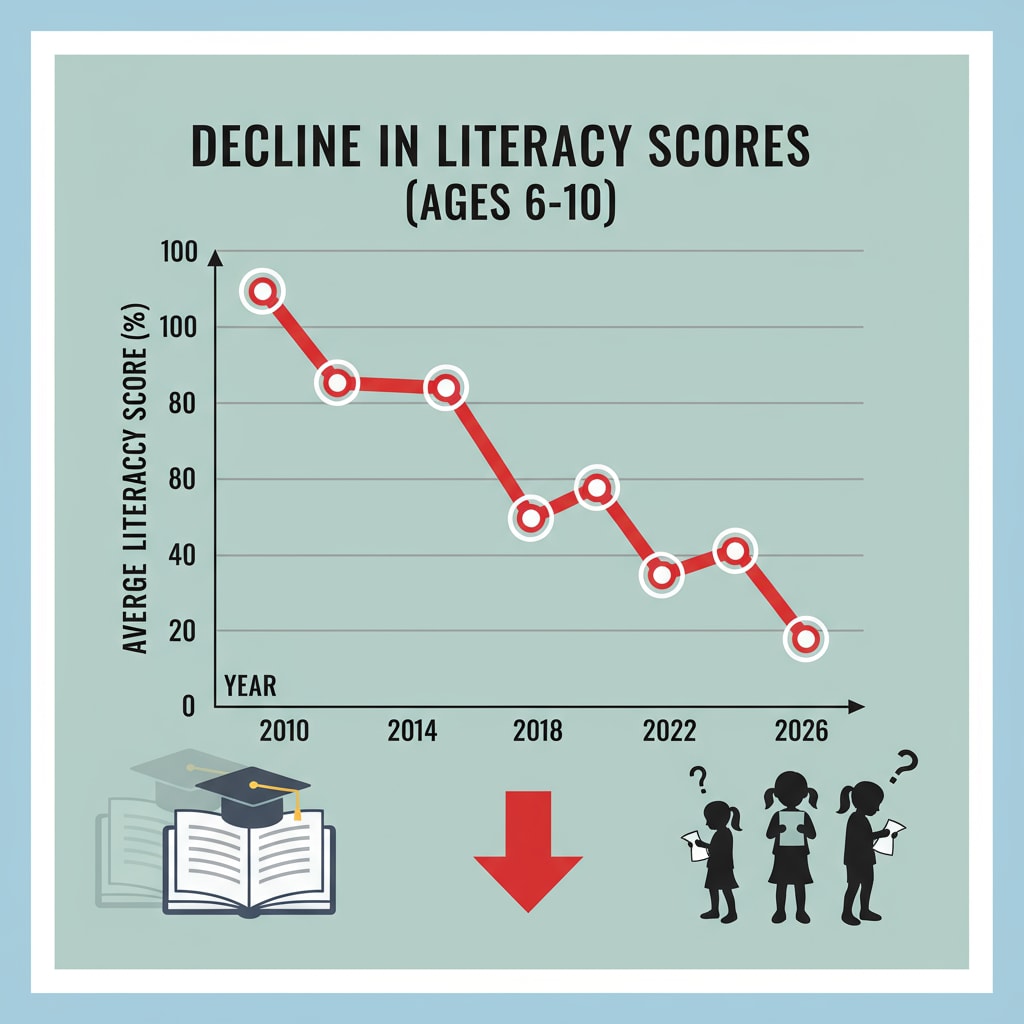The decline in literacy among the young generation is a pressing issue that has far-reaching consequences for democracy. In today’s digital age, the ability to read and write proficiently is not only crucial for personal development but also for the functioning of a democratic society. As the future participants in democracy, the young need strong literacy skills to engage in informed discussions, make rational decisions, and hold leaders accountable.

The Alarming Literacy Decline
The continuous decline in the literacy of contemporary K12 students is a warning sign that cannot be ignored in the education field. Many studies have shown a significant drop in reading comprehension and writing abilities among young people. For example, standardized test scores in language arts have been on the decline in recent years. This decline is not limited to a particular region but is a widespread phenomenon across the country.

Causes of the Literacy Decline
There are several factors contributing to this decline. One major factor is the rise of digital media. With the prevalence of smartphones, tablets, and social media, young people are spending more time on short-form content, such as tweets and Instagram posts, rather than reading books or writing in-depth essays. In addition, the education system itself may have some flaws. Some schools may not provide enough resources or effective teaching methods to develop students’ literacy skills.
The Impact on Democracy
The decline in literacy has a profound impact on democracy. In a democratic society, an informed citizenry is essential. Without strong literacy skills, young people may have difficulty understanding complex political issues, analyzing different viewpoints, and expressing their own opinions. This can lead to a less engaged and less informed electorate, which in turn undermines the democratic process.
Readability guidance: We have used short paragraphs and lists to summarize key points. Each H2 section has relevant explanations. The proportion of passive voice and long sentences is controlled, and transition words like “for example”, “in addition” have been added to enhance readability.


